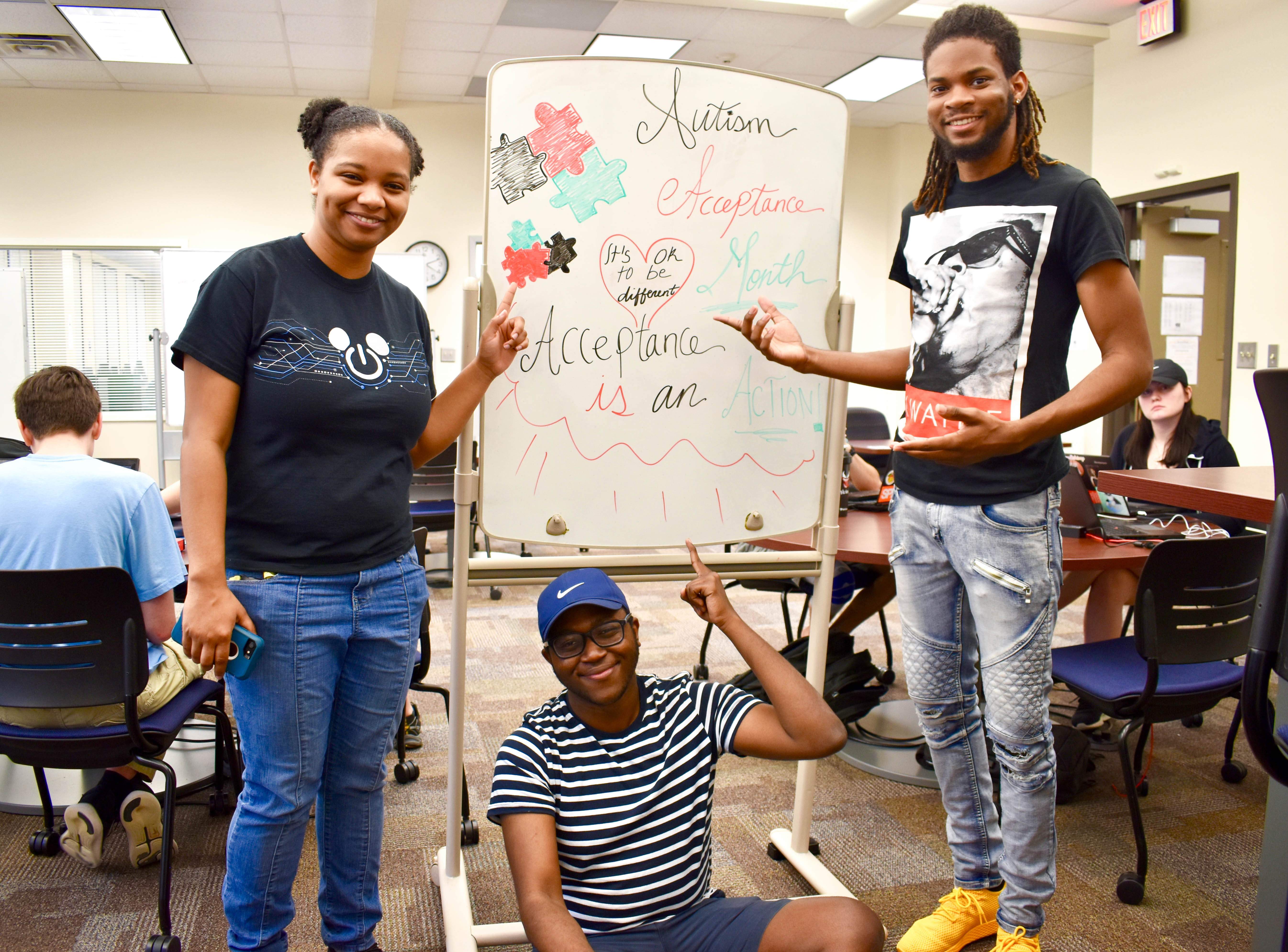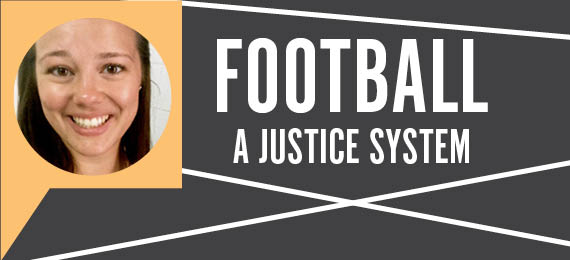Campaigns such as “Light It Up Blue” and “World Autism Day” invite everyone to wear puzzle-piece pins and blue outfits to raise awareness of autism during April. However, April should represent autism acceptance, rather than awareness, to promote respect and celebration toward the autism community.
With one in every 59 kids in America living with autism, according to the Autism Society, it is important that communities understand their impact. However, mere awareness of the condition is not enough.
Simply being aware of autism promotes a negative stigma around the condition — people become familiar with an insulting stereotype rather than deeply understanding the lives of those with autism.
Jennifer Dickinson, a writer and autism activist, shared first-hand experience of what it is like to be a parent of autistic children during Autism Awareness Month in an article written for the Mighty. Dickinson wrote that awareness fails to aid those with autism and leads to misunderstanding toward the autistic community. Awareness does nothing to prevent job discrimination or abuse, and no effort has been made to include autistic people in the conversation about their own lives.
While wearing a puzzle-piece ribbon is nice, promoting the name of autism does little to solve the true issues autistic communities face.
Instead, the conversation needs to turn toward acceptance. Seeking to understand each person with autism and respecting the challenges they face bring value to their lives. Celebrating the autistic community and embracing the condition that contributes to their identity will strengthen society and help to end their social hurdles.
Research by the Autism Alliance reveals several extraordinary traits about autism that too often get overlooked. For example, those with autism often have a single, passionate and focused interest. This means that individuals can become a library of knowledge about one subject. Those with autism also often have increased sensory, and though this sometimes makes tasks distracting, it contributes towards exceptional sensory abilities.
Lack of education about these positive traits creates the stereotype that “awareness” promotes. It ignores the fact that autistic individuals are capable of more than society gives them credit for.
On campus, students can make a difference by including autistic individuals in the conversation about their lives, instead of viewing them as “other.” Students should ask what their opinions are and recognize the dignity in their humanity. Embrace their strengths instead of trying to mold them into being “normal.”
Kennesaw State is already on board with autism acceptance by providing the Academy for Inclusive Learning and Social Growth, a program offering certificates that enhance skills and career development for those with severe autism. This program is a huge step in the right direction, and the same attitude of acceptance within the program has the potential to grow into the general student body.
Rather than viewing autism as a disorder waiting for a cure, it should be embraced as part of the person’s identity. The label of “autistic” should not consume the view of a person, but rather be seen as a piece of the puzzle that makes them who they are. The autistic community insists on acceptance, and it is time that it is given to them.


